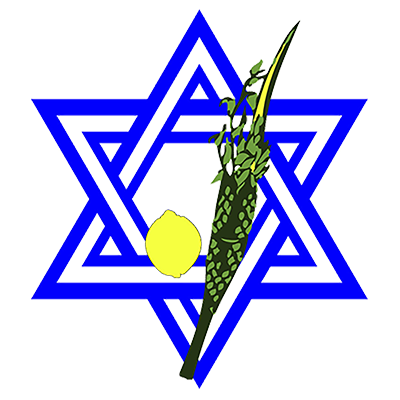What is Passover? And how do we keep it?
Pesach (Passover) commemorates the story of the Exodus from Egypt. Passover begins on the 15th day of the month of Nisan on the Jewish calendar. It also the Week of Unleavened Bread, during which time the Jewish people eat matzah and abstain from leavened bread.
We use the terms “Passover” and “Feast of Unleavened Bread” interchangeably. In the Torah, however, the terms are distinct. The Passover (pesach, פָּסַח) refers to the actual sacrifice that occurred on the fourteenth day of the month. The Festival of Unleavened Bread refers to the seven-day festival that begins that day at sunset—the fifteenth day of the month. (Remember that the Bible reckons sunset as the beginning of a new day.) Although the Torah uses the two terms differently, in Judaism today we speak of “keeping Passover” in reference to the whole seven-day festival. In reality, no one can “keep Passover” because we have no Temple in which a Passover sacrifice can be made. We can, however, keep the seven days of Unleavened Bread.
